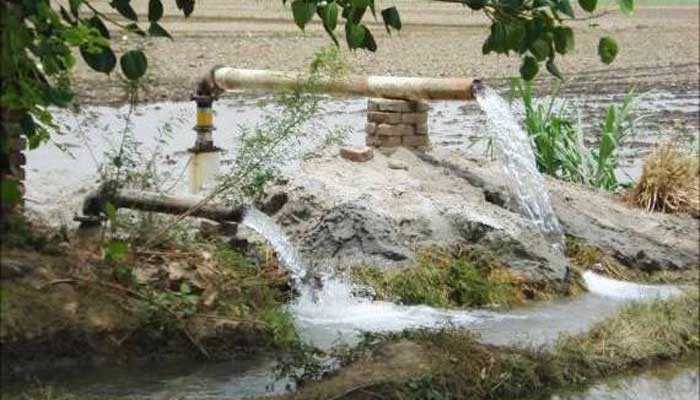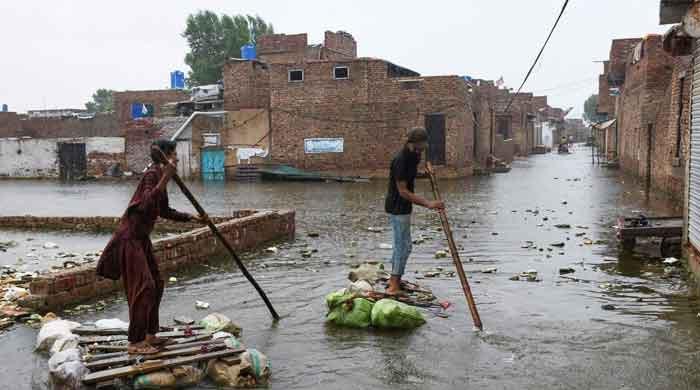Punjab’s biggest water project in decades is now under construction
The project will increase kharif crop intensity by 50 percent and improve crop yield, according to ADB
January 07, 2020

A voter in 2023 will be more aware, informed and maybe cautious, before stamping a ballot paper, than the voter of 2018. Primarily, because he/she would have experienced a five-year-tenure of all three major political parties from 2008 to 2023.
The electorate would be able to gauge for themselves which promises were kept and which were broken. In the past decade or so, the people voted out the Pakistan People’s Party after it fell short on governance. It then sent the Pakistan Muslim League-N packing, in the following polls, seeking a change.
The change was pledged by the Pakistan Tehreek-e-Insaf (PTI), so, in 2018, it was given an opportunity to prove itself.
There is no fourth party that can make a government at the Center, as of now. All three national political parties have been tested to date, and the verdict will soon be in. Therefore, the general election of 2023 would be high on delivery and performance and hopefully low on tall claims.
Although it's entirely upto federal how would it stabilize economy and pass on the relief to the common man and that is how a party's performance is gauged but one thing that would help the Imran Khan-led PTI in the next polls is how it preforms in Pakistan’s most politically important province, Punjab. Here, in the last year alone, the provincial government, under the leadership of Chief Minister Usman Buzdar, has made tremendous progress through soft reforms and infrastructural initiatives.
Last week, he laid the foundation stone for the Allama Iqbal Industrial City Faisalabad, an industrial space which will create upward to 300,000 direct and one million indirect employment opportunities.
The same week, he initiated the 117 kilometer long Jalalpur Irrigation Canal, costing Rs 32 billion, on the east bank of the River Jhelum in Punjab. The project is expected to create a long-lasting irrigation service to enhance agriculture production in the Khushab districts.
“The project will increase kharif crop intensity by 50 per cent, improve crop yield and reduce land degradation,” noted the Asian Development Bank, on its website, “It will directly benefit over 200,000 rural people; mostly poor.”
The Canal, once completed in four years, shall bring 170,000 acres of arable land under irrigation. This canal will be the biggest project after Taunsa Barrage on the River Indus, which was constructed in 1958. Decades later, Pakistan’s most populous province will be getting a new water system.
The Jalalpur Irrigation Canal, with 30 distributaries and 16 flood channels, is not just an irrigation system, but an economic stream that shall uplift the plight of hundreds of thousands of people.
Separately, the chief minister is working on soft reforms including, setting up a sanitation system in villages, provision of filtered water, and attaining an Open Defecation Free status for the districts in Punjab. Open defecation has reduced from 24 per cent to 13 per cent in the province, according to the a study.
Also, the Punjab government is working on setting up ten Special Economic Zones under the China-Pakistan Economic Corridor. Prior to July 2018, there were only three economic zones envisioned for the province, which, under the new government, have been expanded to ten.
Four more years to go before the next polls. Let the people of Pakistan decide if Usman Buzdar has indeed delivered or not.
Abbas is a communications specialist and a freelance writer from South Punjab.











